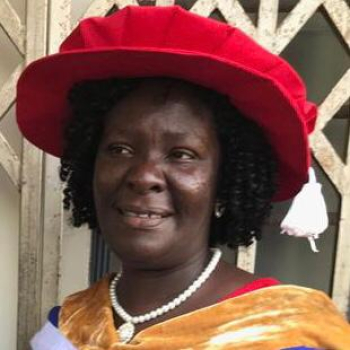Using cooperative learning to enhance pupils' understanding about the solar system in the Agortime-Ziope District of Ghana

Using cooperative learning to enhance pupils' understanding about the solar system in the Agortime-Ziope District of Ghana
Cooperative learning is the instructional use of small groups of learners so that they work together to maximize their own and each other’s learning. This study investigated the use of cooperative learning to enhance the performance of upper primary pupils in science. A mixed method approach with a quasi-experimental design was used. The access population was upper primary pupils from Kortsrala and Takuve D/A primary schools in the Agortime-Ziope district of the Volta region of Ghana with a sample size of 32 pupils. The sample was divided into experimental and control group with each group consisting of sixteen pupils. A pre-test administered at the beginning of the study, showed that both groups had about the same entry point. The experimental group was taught using the cooperative learning method while the control group was taught using the old-fashioned way of teaching. At the end of the four weeks treatment, both groups were post-tested. A whole class interview session was conducted with the experimental group after the post test. Post-test results showed that pupils taught with the cooperative learning approach exhibited high academic performance and thus prove that cooperative learning enhances pupil’s own understanding of concepts. It also showed that using collaborative techniques such as paired or group modelling go further than simply motivating students through other verbal, coercive and independent (individual) work approaches.
